This week recalls:
– Mazda – Smart Brake Support, door-locks
– Mercedes EQC – steering
– VW Tiguan – brakes
– VW Touareg – tailgate
Eleven recalls for 11 models of seven manufacturers were announced via Rapex in the 48th week of 2021.
Jeep, Mazda, Mercedes-Benz, and Volkswagen have announced two recalls, while Audi, BMW, and Ford have each announced one – see the table at the end of the article.
- Isn’t that your car? See also the recent recalls of other makes.
Mazda recalls more than 70,000 Mazda3 and CX-30 model series vehicles that may unexpectedly stop during driving due to accidental activation of the Smart Brake Support system. These are vehicles built between November 2018 and October 2019. Additionally, Mazda3s from around the same period may experience an issue with unintentional door locks. When the button for the electric liftgate is pressed, and the key is still in the vehicle, all of the side doors are locked and cannot be opened. Users have to enter the vehicle through the liftgate to unlock the doors. Mazda also recalled the CX-30 in March this year due to a problem with the tailgate.
- Do you know the year your car was made? You most probably don’t
- TÜV Report 2022: The best and worst cars
Mercedes-Benz AG has discovered that in certain EQC (BR 293) vehicles, the wiring harness of the electric steering system may have been damaged during assembly. This could lead to water ingress into the wiring harness and thus into the steering control unit. As a result, the power steering could fail while driving. Over 19,000 Mercedes EQCs built between February 2019 and December 2020 are recalled.
Over 2,000 Volkswagen Touareg models produced in January 2019 may have problems with the tailgate. Approximately 350 smaller Tiguans from the fall of 2021 may be leaking brake fluid. 360 electric Audi e-Tron‘s built between May 6 and July 14, 2021, may also have a brake fault.
Details on this week’s recalls can be found in the table below.
- TÜV Report 2022: The best and worst cars
- Hyundai and Kia turn signals flashing in the opposite direction!
- 10 most reliable cars according to the Driver Power 2021
- 16 least reliable cars according to ADAC (2021)
- How satisfied are you with your car? Let us know! It’s anonymous, no registration required. Would you recommend your car to a friend?
- Post an Owners’ Review Now
Recalls announced in the 48th week of 2021
| Make, Model (years) | Problem |
|---|---|
| Audi e-Tron (2021) | Components of the brake pressure unit could corrode over time. |
| BMW iX (2020 – 2021) | On the vehicles concerned, the A-pillar panel holder may not be screwed in place according to specifications. |
| Ford Focus (2020 – 2021) | If the earth cable of the 48-V battery is not fully secured, this can cause electrical problems. |
| Jeep Gladiator (2020 – 2021) | The clutch pressure plate may overheat, resulting in an increased risk of fire. |
| Jeep Wrangler (2020 – 2021) | The clutch pressure plate may overheat, resulting in an increased risk of fire. |
| Jeep Wrangler (2020) | The plug-in coupling of the fuel line may rupture. |
| Mazda 3 (2018 – 2019) | To unlock the doors, users have to enter the vehicle through the liftgate. |
| Mazda 3 (2018 – 2019) | Certain of the vehicles concerned may unexpectedly stop during driving due to inadvertent activation of the Smart Brake Support system. |
| Mazda CX-30 (2018 – 2019) | Certain of the vehicles concerned may unexpectedly stop during driving due to inadvertent activation of the Smart Brake Support system. |
| Mercedes-Benz EQC (2019 – 2020) | The wiring harness for the electric steering may have been damaged during the assembly process. |
| Mercedes-Benz Sprinter (2021) | The wiring harness for the starter generator may wear through and lead to an electrical short circuit. |
| Volkswagen Tiguan (2021) | The screws of the brake line assembly may not have been properly tightened on the front right wheel housing. |
| Volkswagen Touareg (2019) | The electric tailgate has a defective spindle drive which may cause a pre-tensioned spring to come loose. |
-rb-
Where now?
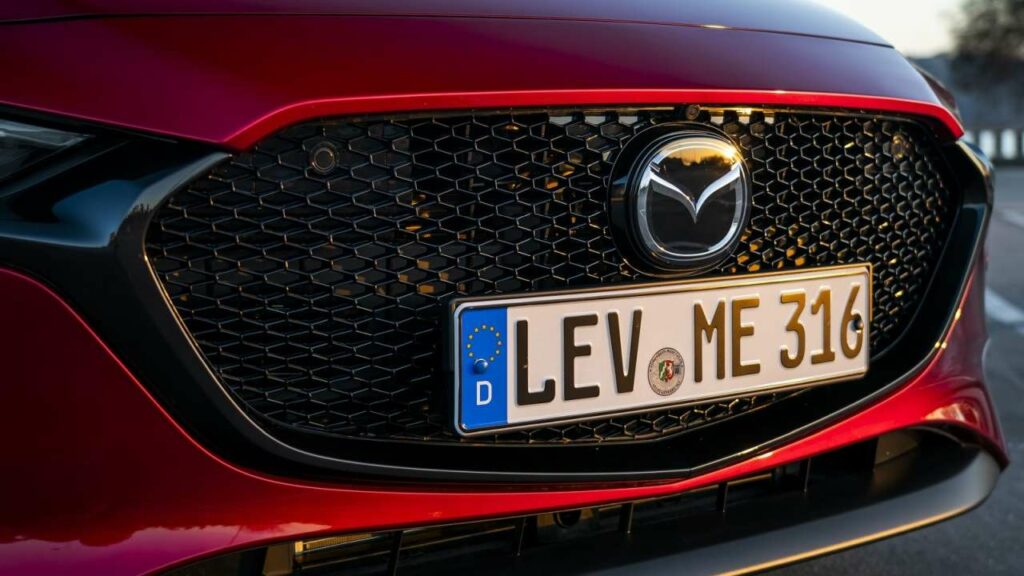

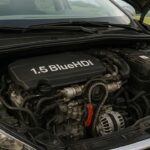
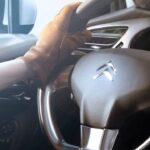
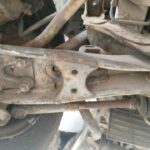


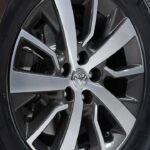

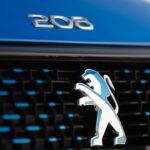

Currently 5171 Recalls